

We asked our authors to recommend a book they had read over the past couple of years. Here is what they said:
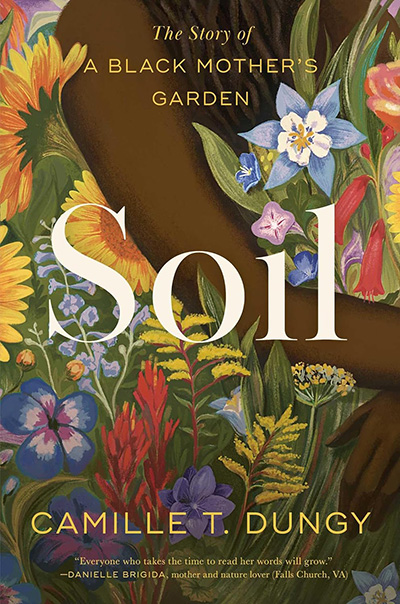
“My life demands a radically domestic ecological thought”: so Camille Dungy writes in her new memoir, Soil: The Story of a Black Mother’s Garden. Soil documents Dungy’s attempt to convert her family’s monocultured, water-craving lawn into a diverse landscape that mimics the ecology of the Colorado foothills, where Dungy lives. —Jack Bell
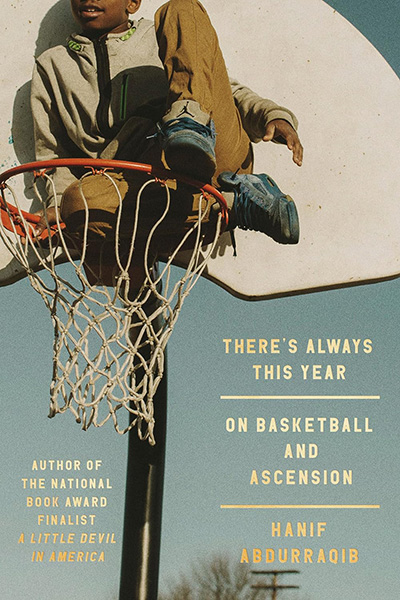
Never have I ever: texted old friends about a new book and had half of them reply that they were already reading it. Later that day, I received a copy in the afternoon mail of the same book, a piercing reflection on home and sport, that my best friend had mailed me a week earlier. For a certain kind of person, apparently all my high school friends, this is the book to find independently and read together. —Abraham Nussbaum
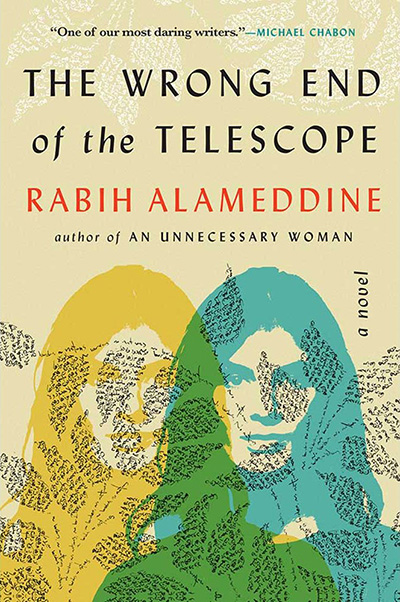
This book is an exploration of identity, community, and finding one’s purpose, through the perspective of a Lebanese-American trans woman ophthalmologist volunteering at a Syrian refugee camp. By turns elegiac and satirical, Telescope challenges the reader to move past the overly simplistic narratives we create about “the Other ‘’ and come to an understanding of our shared humanity in times of crisis. —Sneha Mantri
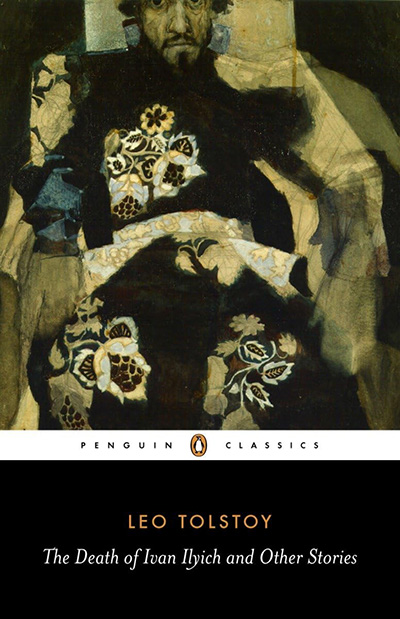
Leo Tolstoy’s The Death of Ivan Ilych is a study of death and dying that is arguably the most perfect story about life and living by the celebrated author of War and Peace and Anna Karenina. The tragicomic story of a working professional whose materialism and vanity are all too familiar, it invites us to consider what it means to live a life that is “most simple and most ordinary and therefore most terrible.” —Christopher Wong Michaelson
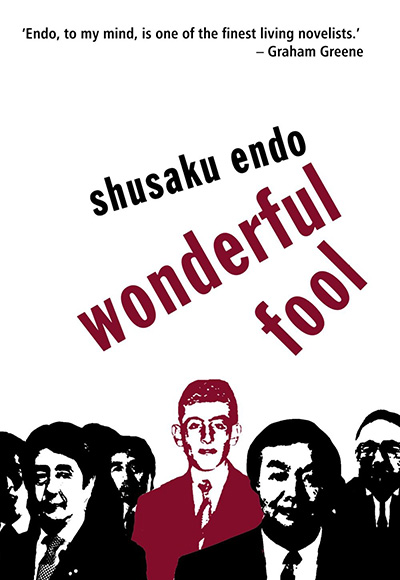
Wonderful often doesn’t go with Fool especially in the non-Christian “mudswamp” Japan. Here Endo presents both his struggle and conviction which could be ours as well. (We are probably more familiar with his first novel, Silence). —Fr. Martin Lam Nguyen, CSC
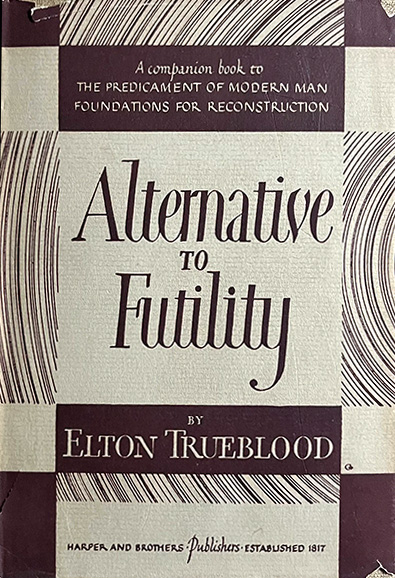
In this brief but dense book, Trueblood casts a bold vision for the formation of a redemptive society, urging us to join in the bold and hope-filled quest to renew all things. It is a message we need as desperately today as when he originally wrote it in 1948. —Joshua Brake
Spring 2025
Part I: Defining Virtue
James Arthur
Dayna L. Cunningham
Greg Lukianoff
Najeeba Syeed
Interlude: Defining Moments
Part II: Defining Vocation
MORE